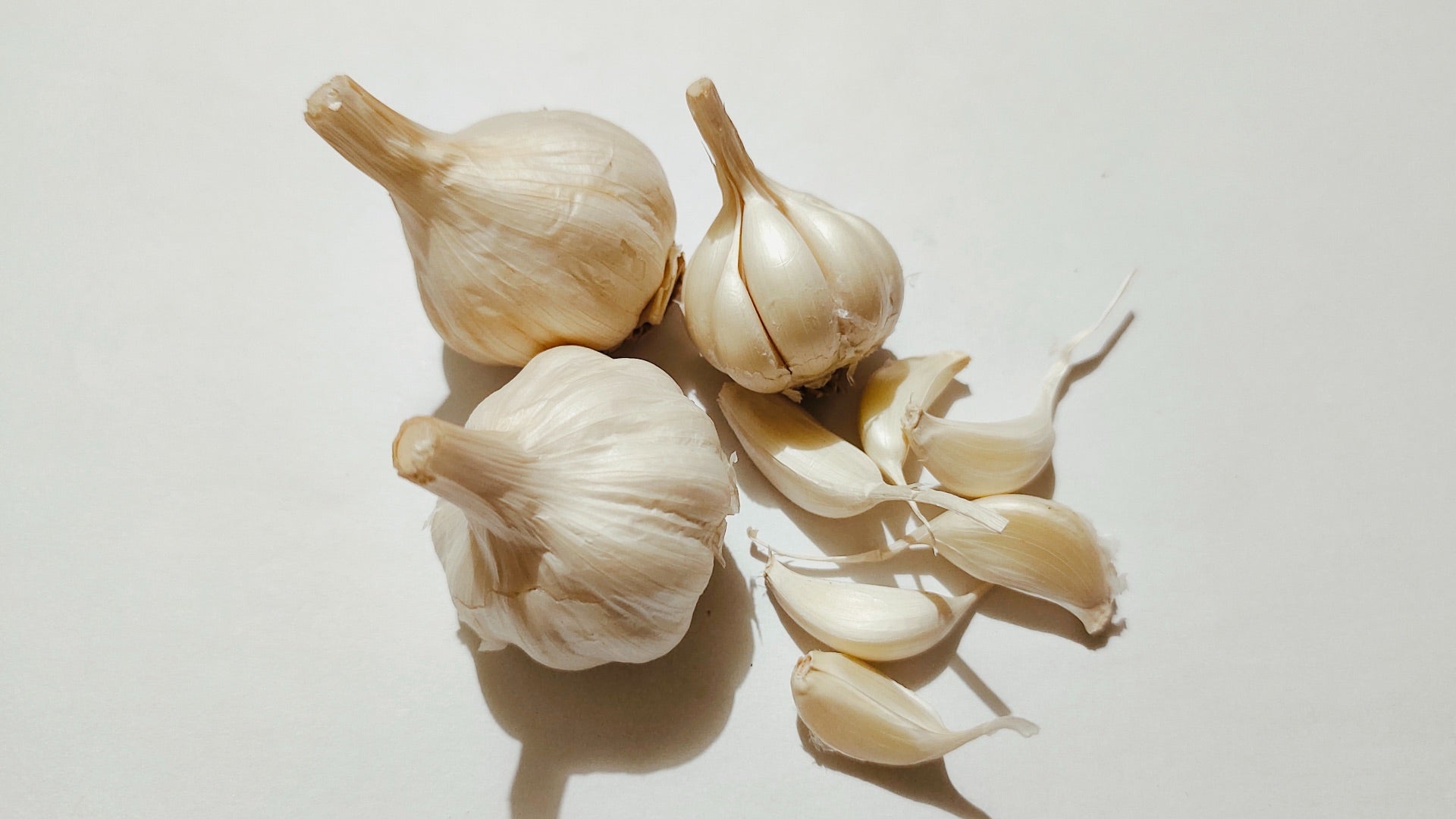If you are looking for a natural alternative to antibiotics, you are not alone. Many people are turning to natural remedies to avoid the negative side effects of traditional antibiotics. Even with so much information out there, it can be hard to know where to start.
We have compiled a list of the top natural antibiotics to help you stay healthy and avoid harmful synthetic chemicals. In this blog, we explore the benefits and uses of each remedy, as well as some tips for incorporating them into your routine.
What are Natural Antibiotics?
Natural antibiotics are substances that can kill or inhibit the growth of bacteria, fungi, and viruses. Unlike synthetic antibiotics, natural antibiotics are derived from plants, animals, or minerals. Natural antibiotics are becoming increasingly popular due to their ability to treat infections without the negative side effects of synthetic antibiotics.
Benefits of Natural Antibiotics
Natural antibiotics have several benefits over synthetic antibiotics. First, natural antibiotics do not contribute to antibiotic resistance. Antibiotic resistance occurs when bacteria develop the ability to resist the effects of antibiotics, rendering them ineffective. Second, natural antibiotics have fewer side effects compared to synthetic antibiotics. Synthetic antibiotics can cause side effects such as nausea, vomiting, diarrhea, and allergic reactions. Natural antibiotics have minimal side effects and are generally safe for use.
10 natural antibiotics that have been proven to be effective against various types of bacterial infections.
-
Garlic: Garlic has potent antibacterial, antiviral, and antifungal properties. It contains a compound called allicin, which has been shown to be effective against a wide range of bacteria, including antibiotic-resistant strains. To use garlic as a natural antibiotic, crush a few cloves and mix them with honey to create a paste. Eat the mixture once or twice a day until the infection clears up.
-
Honey: Honey has been used for centuries to treat wounds and infections. It has antibacterial properties and can help to reduce inflammation. To use honey as a natural antibiotic, apply it directly to the affected area or mix it with warm water and drink it.
-
Echinacea: Echinacea is an herb that has been used for centuries to boost the immune system and fight infections. It has been shown to be effective against a variety of bacteria, including streptococcus and staphylococcus. Echinacea can be taken as a supplement or brewed into a tea.
-
Clove Oil: For centuries clove oil has been used as a natural antibiotic and anti-inflammatory. It is most commonly used to treat food poisoning and oral infections, and it can heal wounds when applied topically. However, always dilute clove oil with a carrier oil to avoid irritation.
-
Ginger: Ginger has potent antibacterial and anti-inflammatory properties. It contains a compound called gingerol, which has been shown to be effective against a variety of bacteria, including E. coli and Salmonella. To use ginger as a natural antibiotic, brew it into a tea or mix it with honey to create a paste.
-
Oregano Oil: Oregano oil is a potent natural antibiotic that has been shown to be effective against a variety of bacteria, including MRSA. It contains a compound called carvacrol, which has powerful antibacterial properties. Oregano oil can be taken orally or applied topically.
-
Grapefruit Seed Extract: Grapefruit seed extract is a natural antibiotic that has been shown to be effective against a wide range of bacteria, including E. coli and Salmonella. It can be taken as a supplement or applied topically.
-
Turmeric: Turmeric is a spice that has been used for centuries in traditional medicine. It has potent antibacterial, antiviral, and anti-inflammatory properties. To use turmeric as a natural antibiotic, mix it with honey to create a paste or brew it into a tea.
-
Tea Tree Oil: Tea tree oil is a natural antibiotic that has been shown to be effective against a variety of bacteria, including MRSA. Apply it topically or add it to a bath to reap its antibacterial benefits.
-
Probiotics: Probiotics are beneficial bacteria that can help to support the immune system and fight off infections. They can be found in fermented foods like yogurt, kefir, and kimchi, or taken as a supplement.
A few natural antibiotic recipes:
-
Garlic and Honey Syrup: This recipe combines the antibacterial properties of garlic with the soothing and healing benefits of honey. To make the syrup, crush several cloves of garlic and mix them with honey. Let the mixture sit for a few hours to infuse the honey with garlic's medicinal properties. Take a teaspoon of the syrup several times a day to help fight off infections.
-
Echinacea and Elderberry Tea: This tea recipe combines the immune-boosting properties of echinacea with the antiviral and antibacterial properties of elderberry. Brew a cup of echinacea tea and add a tablespoon of elderberry syrup. Drink this tea two to three times a day to help boost your immune system and fight off infections.
-
Turmeric and Ginger Tea: This tea recipe combines two powerful natural antibiotics, turmeric and ginger. Turmeric contains curcumin, which has potent antibacterial and anti-inflammatory properties, while ginger has antibacterial properties and can help to soothe an upset stomach. To make the tea, boil a cup of water and add a teaspoon of turmeric and a teaspoon of grated ginger. Let the mixture simmer for a few minutes, then strain and drink. You can add honey for sweetness and additional antibacterial properties.
Conclusion
Some of the best natural antibiotics can be found in your kitchen or garden. While these remedies are not meant to replace medical treatment, they can help support your immune system and provide relief from minor infections.
Remember, it is important to consult with a healthcare professional before trying any new remedies or treatments, especially if you have any underlying health conditions or are taking medication. By incorporating these natural antibiotics into your routine, you can support your body's natural healing processes and promote overall wellness. The next time you feel unwell, try reaching for one of these natural remedies and see how it can benefit your health.



